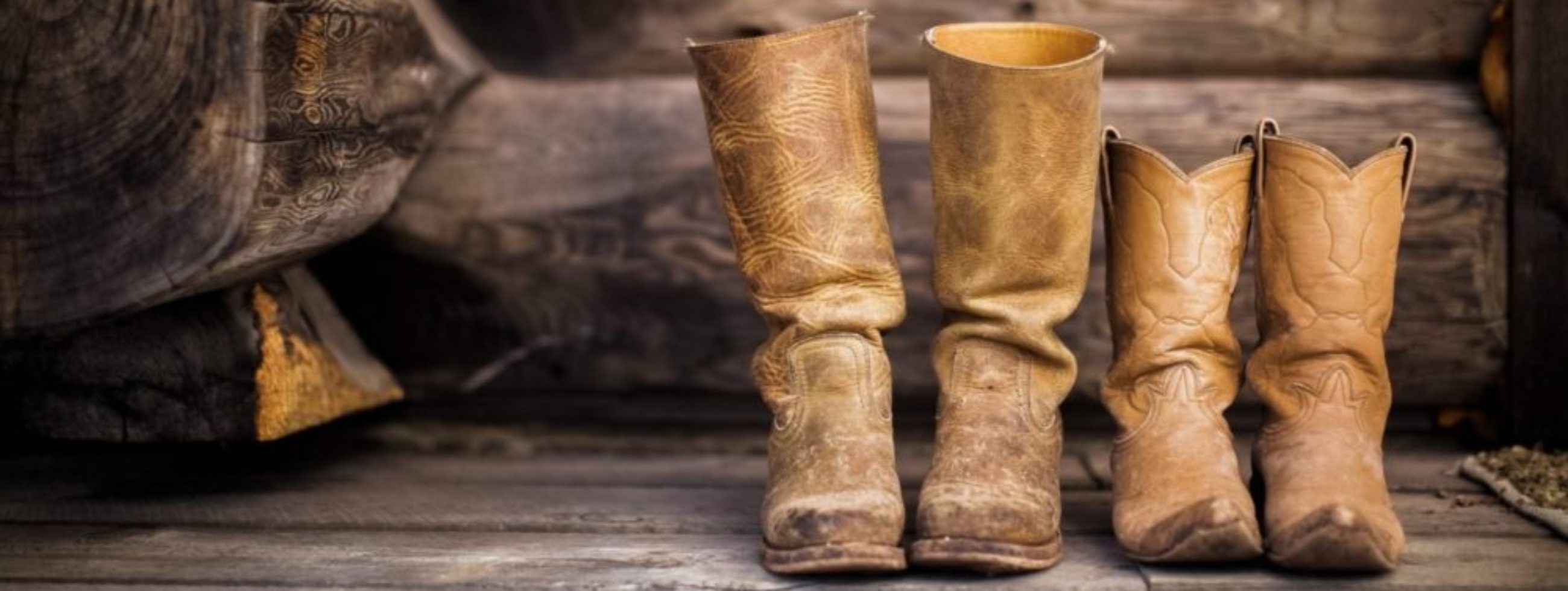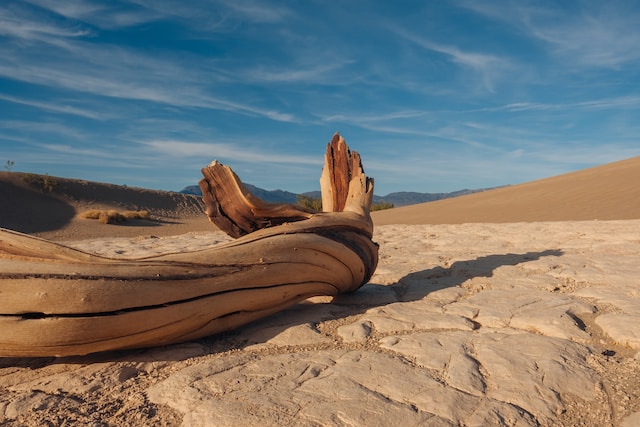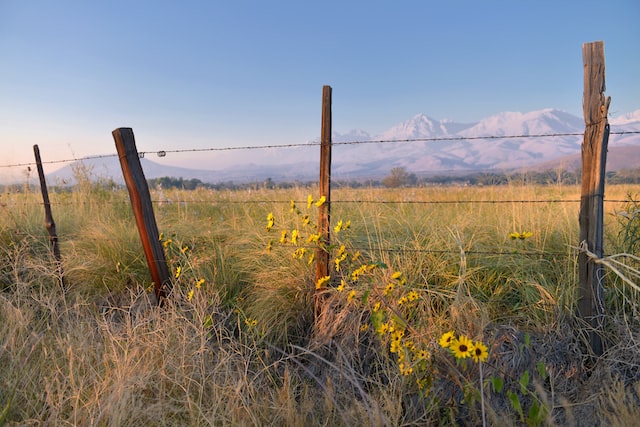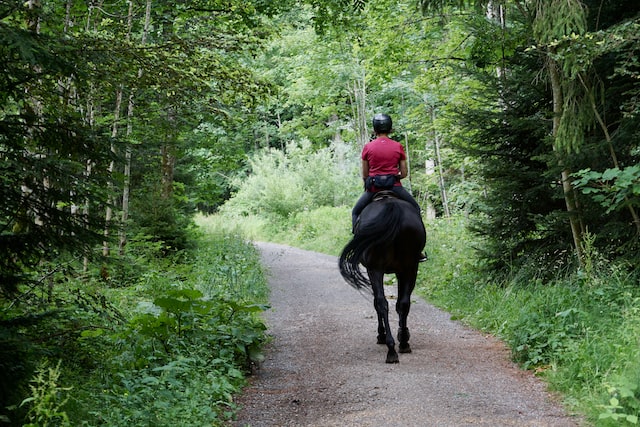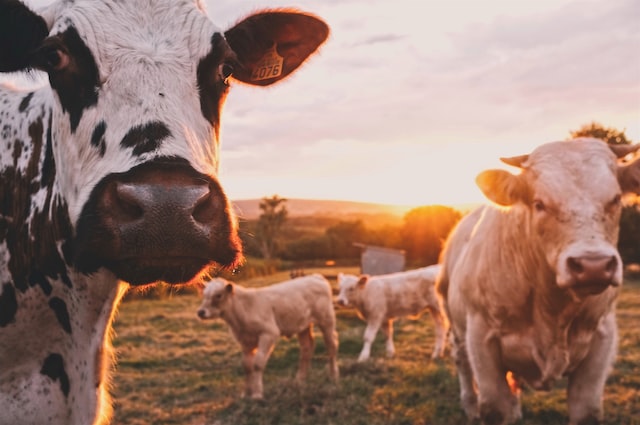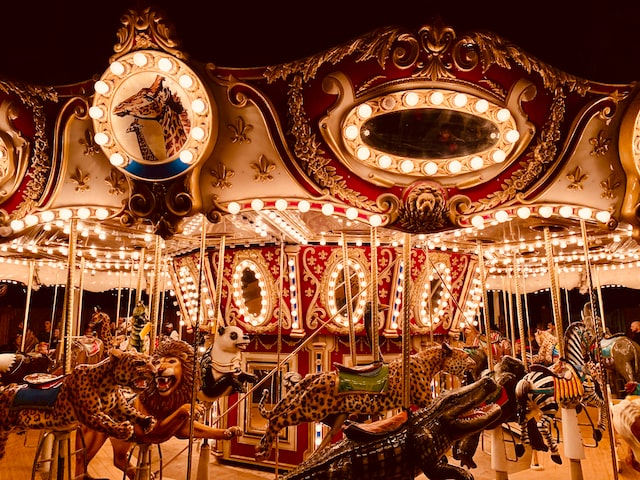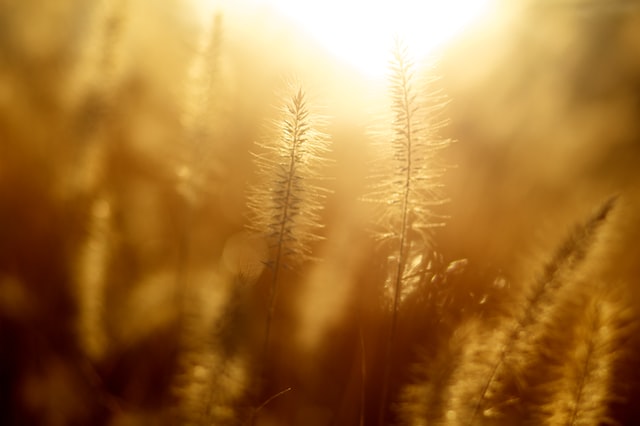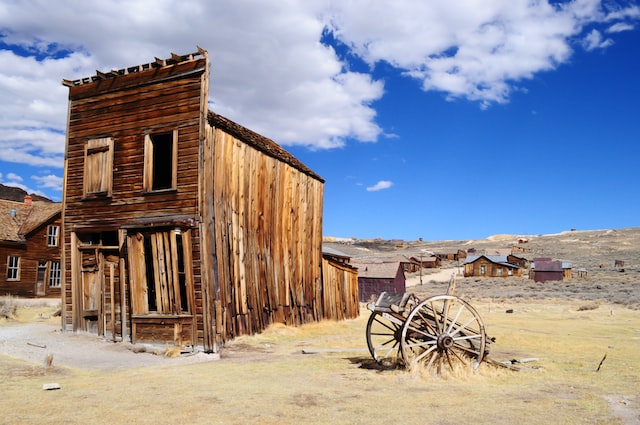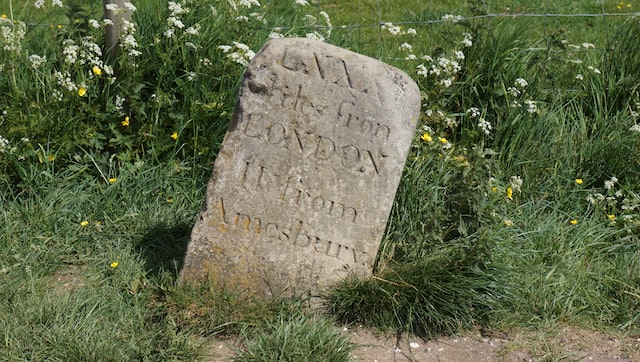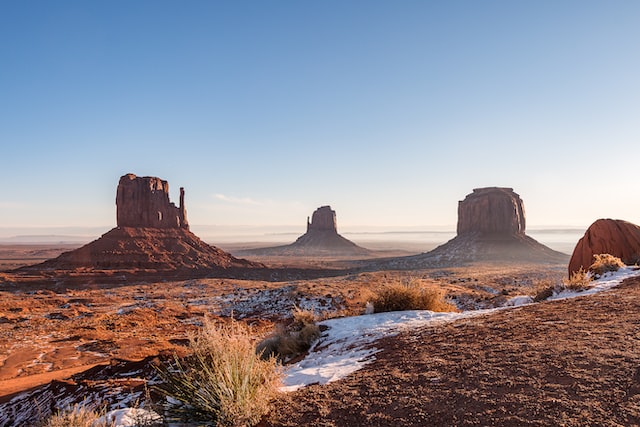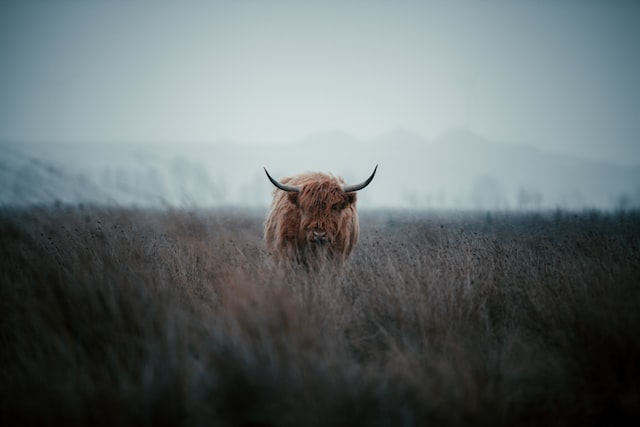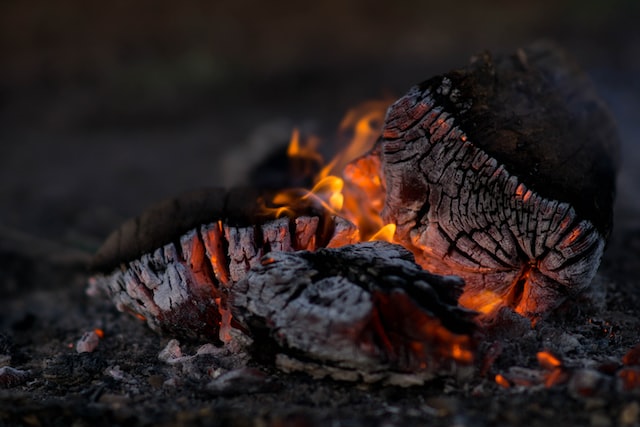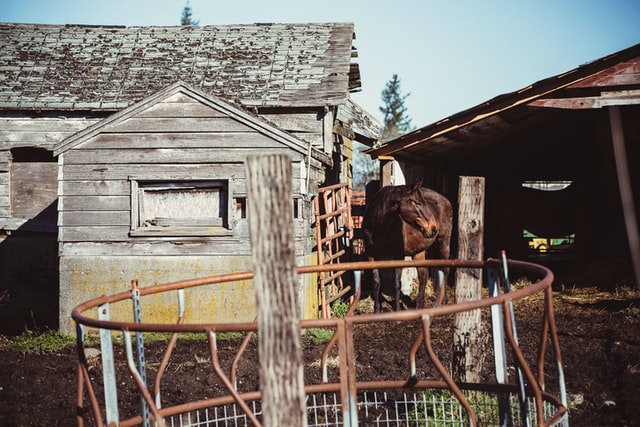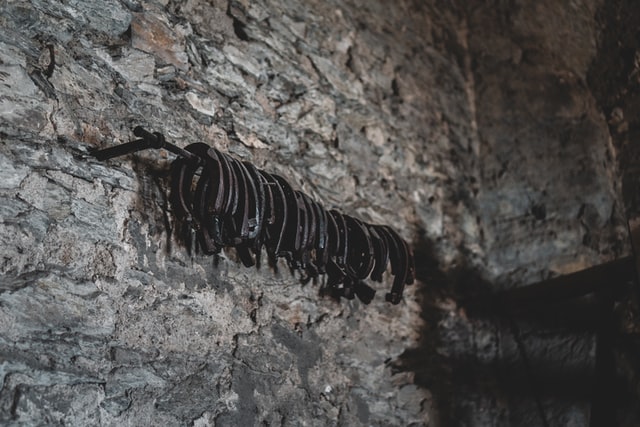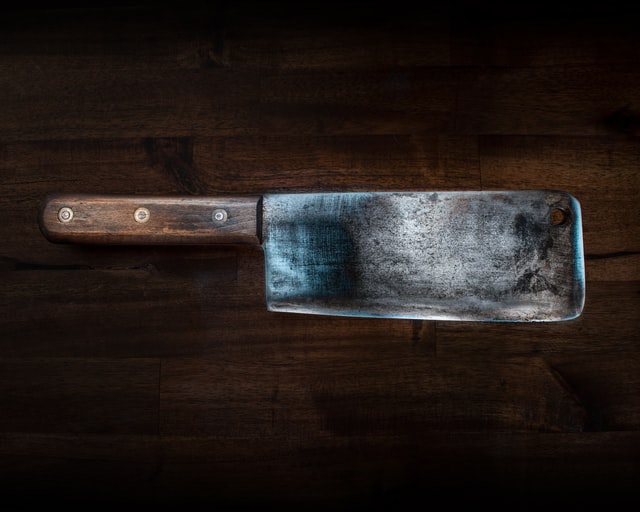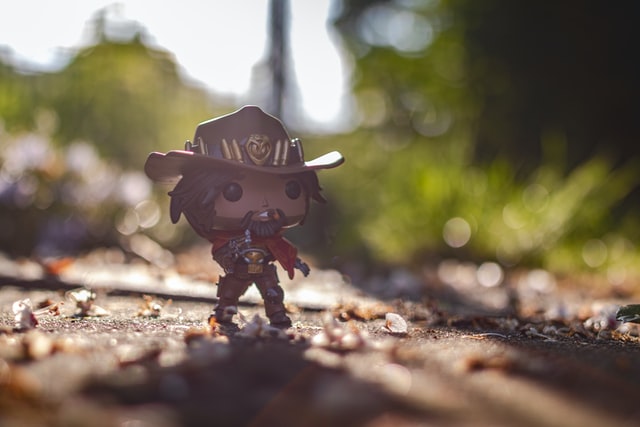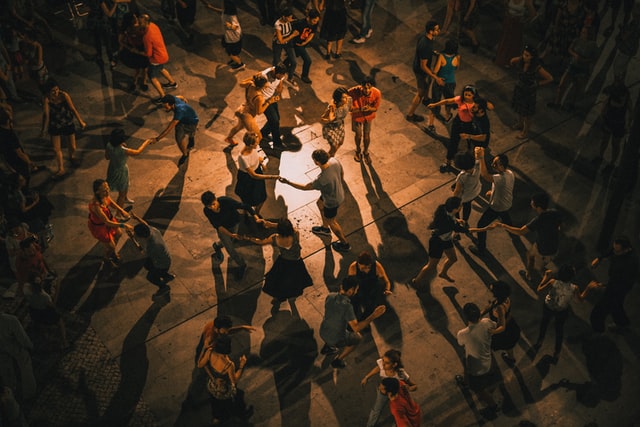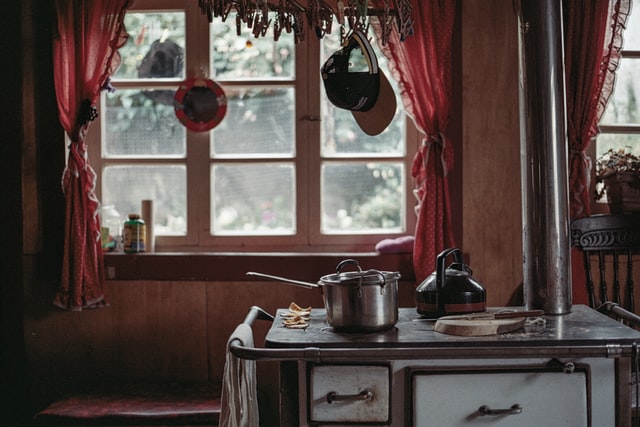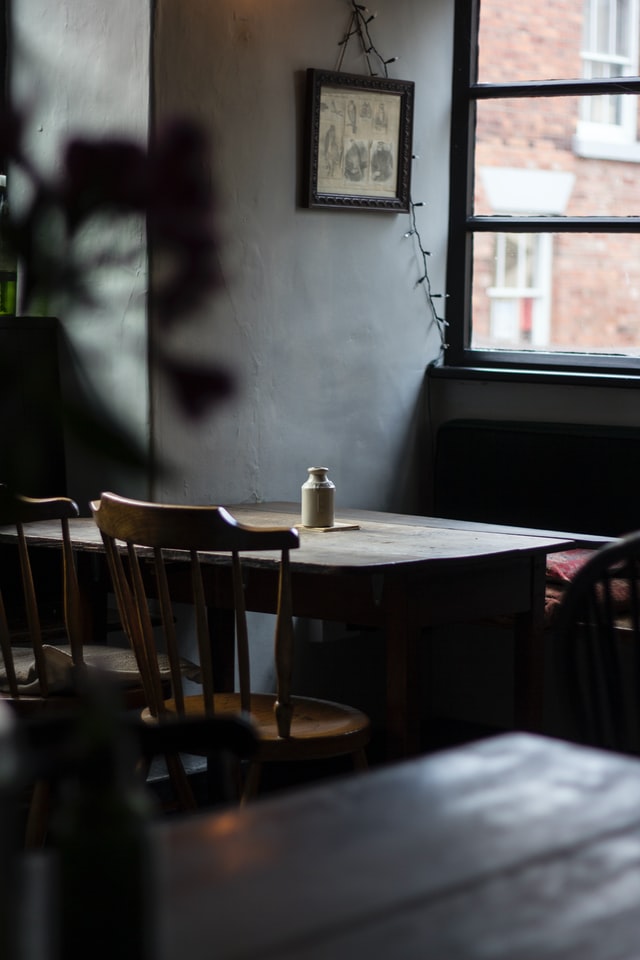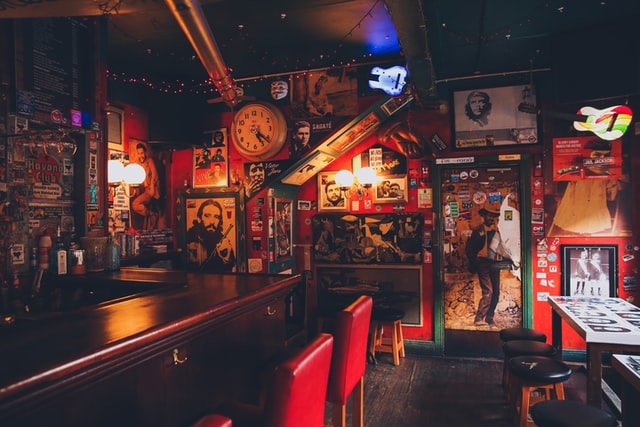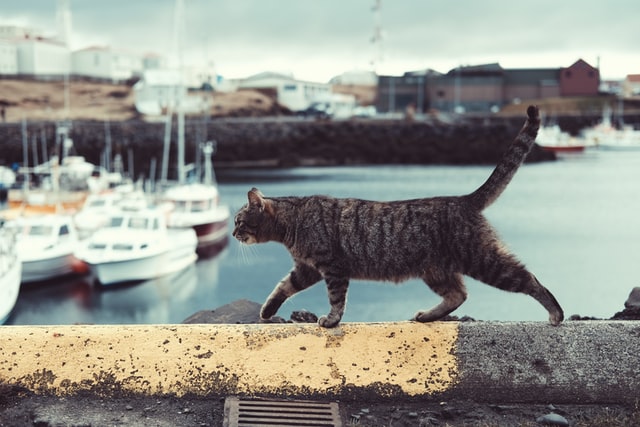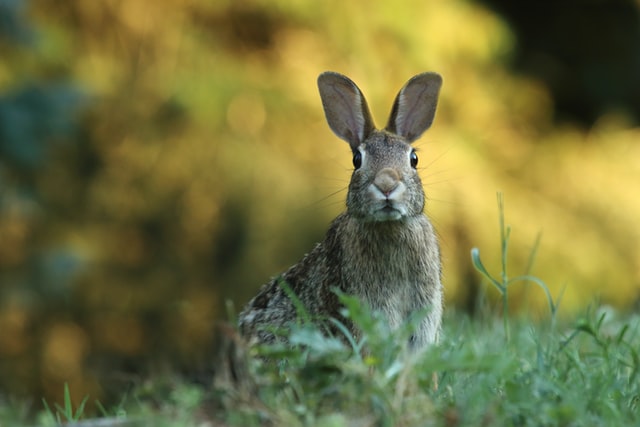That’s the way it happened —
driving into Death Valley,
a crazy idea of escape from
life – divorce and all
Death Valley lives up to its names alright –
Badwater, Skidoo, Ghost Town,
Darwin as in some sort of origin,
and Salt Sea.
Real seas teem with life. Not here, not in this
desert cauldron where I unwittingly sought
an adventure for three kids and a dog. A
test. Something out of the ordinary.
Poets say that’s the way death happens —
in a fairyland of crystal castles,
the promise of desiccated immortality —
drip, drip, drong
Death is as prancy as the Eroica
a flirt of false cadences
discordant landing notes
Death scares the heck out of you
But I’m strong, they say. Still, I should have known by the signs
The sky. There is no sky.
I look up to where the sky should be and see
a shroud of darkness like God has stretched
a black voile over the yellow plain.
The stones
Boulders actually, that magically move at night
with no witnesses, only tread marks in the sand.
Wavy, indeterminate, like the real sea.
The valley is a mirage
a stave of medieval neumes wafered
between black and yellow, distant peaks poke
fiery red in the setting sun. We are trapped in ether.
Our road leads on to watery risings and fallings of human distress.
A mess of men and metal complicates the road.
We have to stop of course. There’s
no way around this pulsating jumble of
helmets, handlebars, kickstands and flesh.
“Excuse me” says a rail-thin fellow clad in some
other animal’s hide. He’s at my driver’s side
pumping moustache, beard and bacca juice
into the window crack.
“Don’t talk to him, Mom,” my two girls order me.
The dog growls deep. Another sign.
“Ma’am, my buddy’s hurt
real bad. Can you help?”
Pen-knives strobe my throat. I hesitate too long,
weighing the fine needle between life and death.
I can’t—I can’t look at the crumpled body but
instead stare down at my idiot sandals.
Two skinheads toss the body into the back of my truck
and cover it with our camping gear.
Bacca Bob and the rest rev their bikes and
disappear in the direction we came from,
their rumble trailing behind them in this vast sub-sea-level desert.
Unearthly silence outside and inside the cab,
kaleidoscopic colors high on the horizon
heat vapors rise in the afternoon breeze
icy contempt from inside.
DO SOMETHING!
Release the clutch
Stomp on the accelerator. Hope for
God’s sake the tailgate might still be unlatched,
and that the body roll out. Free us.
I laugh at the possibility
I yell, shifting the tach up to 7K–redline.
I squeal, flooding the desert with silver decibels.
Sometimes you have to scream just to drown death.
All three kids pat my shoulders and head
in pretended support, the dog moans
with each lurch. They’re petrified
I’ve lost it. It’s a probability.
Behind us, out of the echo-vortex,
a set of high beams and two sets
of rotating red phares
circle the empty desert.
Above, a Piper J-3 Cub swoops down and a deep voice
commands me to STOP –
RIGHT THERE ⎻ TURN OFF
the engine and STAY INSIDE.
Two men in backward-turned baseball caps
jump into the truck bed, haul
the rolled-up body onto a gurney and pop it
into the ambulance.
“Is it alive?” my son whispers, finger-curling my streaked hair.
“Hope so.” The pilot’s shiny medallion belt buckle
presses into the open window, his manicured
fingernails tousle my son’s ragged hair.
The dog whimpers.
He leans far down so I meet his gold-flecked eyes.
“These your kids?” his lips alone smile.
“Yep – mine. Also the dog, but not by birth.”
“Cheeky little tart, you,” deeply, blandly urbane.
Stretching my seat belt forward to turn and reach my son,
“Du liebes Kind, komm, geh mit mir!”
Then I knew. This guy is an Erlkönig,
just like in Goethe’s story. I’m the helpless parent.
The dog leaps across my lap, snarling.
The girls start to shriek, but my son –
my precious son – wraps his arms around
my neck, and sobs “Mommy, he’s touching me!”
Dreadfully slow, I roll the window part way up, insanely
apologizing for my dog’s viciousness.
The pilot strides to his plane and pulls out
a cone of green cellophane. It crinkles in the heat.
I watch his pressed khakis return to the girls’ window.
He offers them each a Bird of Paradise and a
stinking oriental lily. “Little ladies, this is
thanks for being good Samaritans.”
His fingertips slide a gift card for The Inn onto my dash.
“Maybe we’ll see each other there – at my place.”
Maybe not. Gonzo scam. My son sniffs for air.
The girls know, they know…
Their small fluttery hands heave the flowers
through the rear window onto the bed
of the truck where the body had been,
wrapped in our camping gear.
Calm as a porpoise heading to safe harbor
out of the murderous open sea, I skim
the waves of sand and sweating blacktop
to our reserve at Fiddlers’ Campground.
Three kids, a dog, and no more tent, but I’ll make it work. I will. I will.
The fireball sun sneaks under the black caul,
lifting it from the yellow desert.
The rays reach far into the valley,
and then join the twinkling lights ahead.
There is no lucite sky. Maybe it is I
who is upside down, my feet pushing
up off the valley floor. I think I can grab the stars.
If they don’t grab me first.
Stage actress, opera conductor, horse rider — all lives passed but many stories to tell. Prefer the poetic soul of D.H. Lawrence or Louise Erdrich.
